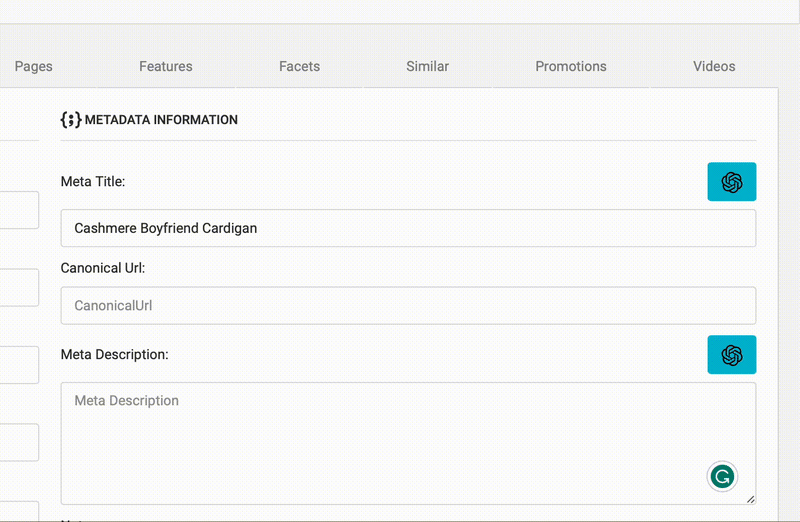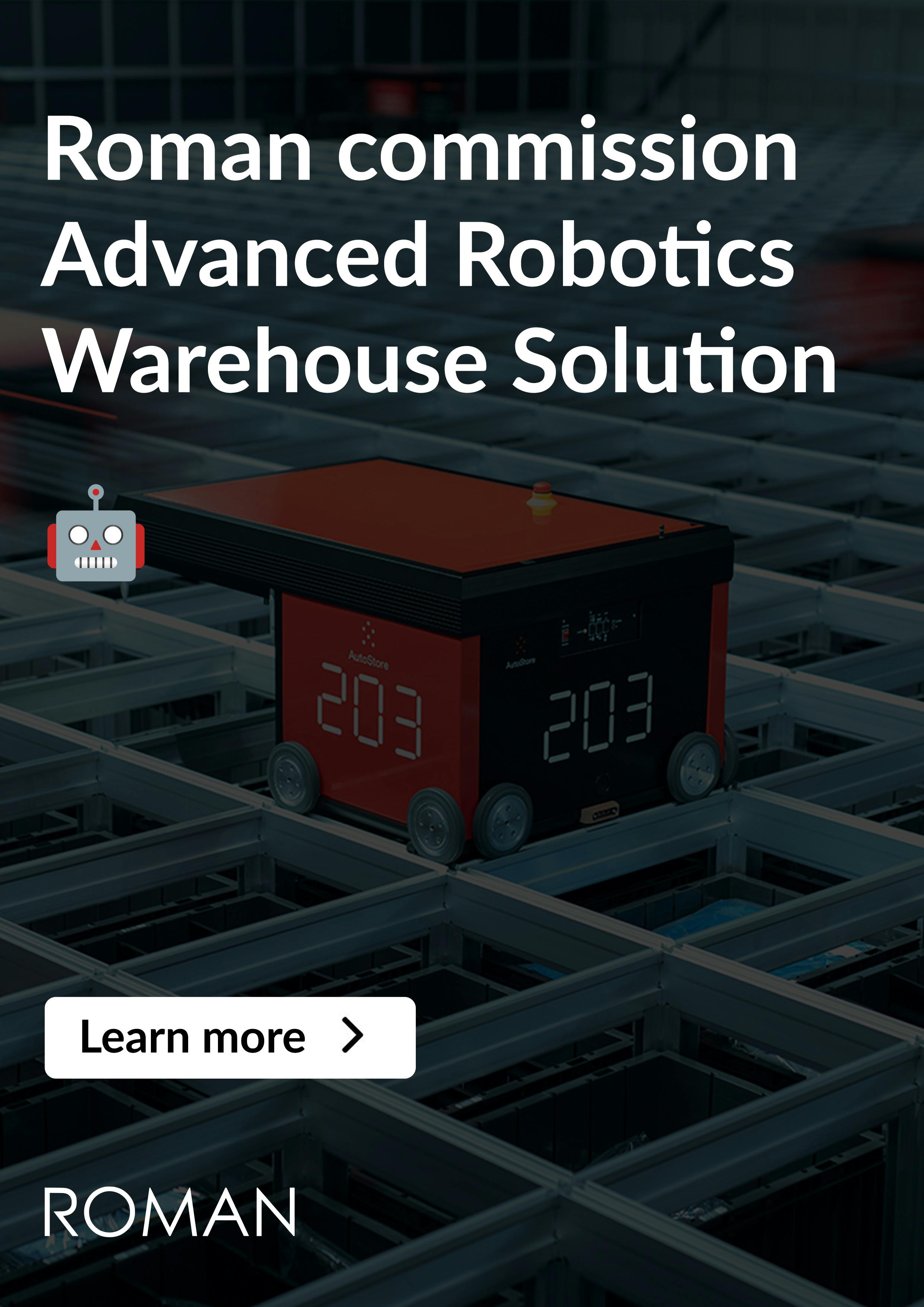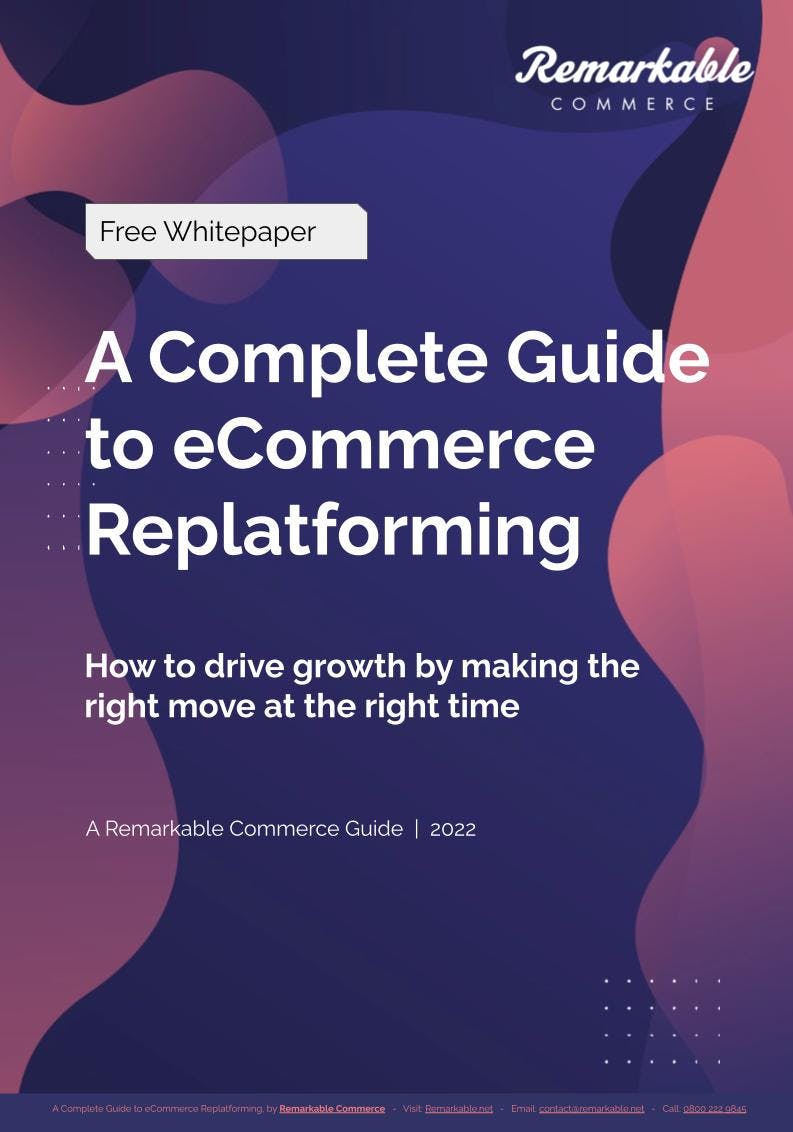

OpenAI now available to all clients
Contents:
Introduction
OpenAI is a cutting-edge artificial intelligence research organization that has been at the forefront of developing advanced AI models and technologies. Founded in December 2015 by several innovators, including Elon Musk, OpenAI's mission is to ensure that artificial general intelligence (AGI) benefits all of humanity. AGI refers to highly autonomous systems that outperform humans at most economically valuable work. While AGI remains a long-term goal, OpenAI has made significant strides in AI research and development.
One of OpenAI's most notable achievements is the creation of ChatGPT, a state-of-the-art language model built upon the GPT-3 architecture. ChatGPT is advancing the field of natural language processing (NLP) and pushing the boundaries of what AI can do.
At its core, ChatGPT is a powerful conversational AI technology, that excels at understanding and generating human-like text. It is designed to engage in meaningful and contextually relevant conversations with users, making it a versatile tool for a wide range of applications. Here are some key aspects that define OpenAI and ChatGPT:
Cutting-Edge Technology: OpenAI has consistently pushed the envelope in AI research. They have a history of developing some of the most advanced AI models, and ChatGPT is no exception. It is powered by a vast dataset containing a wealth of text from the internet, allowing it to generate coherent and contextually relevant responses.
Human-Like Conversations: ChatGPT has been fine-tuned to mimic human conversational patterns. It can write text which reads like it has been written by a real person. This human-like interaction opens up numerous future possibilities in customer support, virtual assistants, and more.
Customisation: OpenAI has introduced ways to customize ChatGPT for specific tasks and industries. This feature enables businesses and developers to adapt the model to their unique needs, making it a versatile tool for various applications, from drafting emails to tutoring.
Ethical Considerations: OpenAI is committed to responsible AI development. They have implemented safeguards and guidelines to ensure that ChatGPT is used in ways that align with ethical principles, such as avoiding harmful or biased content. This approach underscores their commitment to the responsible use of AI technology.
API Integration: OpenAI has made ChatGPT accessible through APIs, allowing developers to integrate it into their own applications and services. This access has enabled Remarkable to create an integration between our RCM admin and OpenAI.
Research and Innovation: OpenAI continues to refine and enhance ChatGPT based on user feedback and ongoing research. This commitment to improvement ensures that the model becomes increasingly useful and effective over time.
Diverse Applications: ChatGPT has found applications in various domains, including content generation, language translation, code generation, and more. Its adaptability and versatility make it a valuable asset in fields ranging from healthcare to entertainment.
In conclusion, OpenAI and ChatGPT represent a remarkable leap forward in the field of artificial intelligence and natural language processing.
As a technology provider, Remarkable Commerce is singularly focused on developing eCommerce solutions which enable retailers to grow. We looked at how OpenAI could be utilised to introduce automation and speed up our client's internal processes, such as product creation and enrichment.
Today, we are very excited to announce the launch of 6 new admin features into our core platform, which uses ChatGPT to auto-generate text.
Our new ChatGPT admin functions
1. Create a meta title
A `meta title` is a data field which is hidden in the page code, and picked up on by Google to show in their listings. A meta title should be eye-catching and capture the attention of the searcher, differentiating your site and your competitors.
Typically, meta titles on product detail pages (PDPs) are pre-generated using a particular format, such as `{Product title} - {Brand name}` - however, when retailers wish to re-word this field because it is too similar to other products, they can use the new OpenAI function to generate a new version.
2. Create a meta description
Also shown on Google listings is a `meta description`. This piece of copy is for retailers to describe the page contents. Google likes meta description fields to be unique for each page, therefore a retailer would typically need to check over this for every new product.
Usually, on product detail pages (PDPs), meta descriptions are pre-generated using a particular format, such as `{Short product description}` - however, it is often the case that meta descriptions need to be optimised for every new item.
Retailers can now use our OpenAI function to generate a meta description, either from scratch or to suggest alternative versions of an existing description.

3. Create a product description
First and foremost, ChatGPT can significantly reduce the time and effort required to create product descriptions. Writing unique and engaging descriptions for every item in a merchant's catalogue can be a daunting task. ChatGPT can automate this process, enabling retailers to focus on other essential aspects of their business, such as marketing, customer service, and product sourcing.
Furthermore, ChatGPT can help maintain consistency in product descriptions. Consistency is vital for marketing and branding. By using ChatGPT, retailers can establish a standardised tone, style, and format that resonates with their target demographic.
ChatGPT's ability to generate product descriptions based on specific product attributes and features is another valuable advantage. Our integration with ChatGPT provides the AI with essential product details, and it will craft descriptions tailored to the item's unique characteristics, making the content more informative and appealing to potential customers.
Lastly, ChatGPT can adapt to market trends and consumer preferences in real time. As retail trends change, you can use ChatGPT to rewrite descriptions to align with these shifts, helping retailers stay relevant and competitive.
4. Create a short description
A short description field is often used in product feeds or across your site for various purposes; it can be a shortened version of your product description or more of a summary based on your product title.
Use ChatGPT to generate a short description under 50 characters.
5. Create a list of features/bullet points
Retailers should embrace ChatGPT for crafting lists of product features due to its efficiency and precision. ChatGPT can swiftly generate comprehensive lists based on product specifications and attributes, eliminating human error and omissions. This not only streamlines the product listing process but also ensures customers receive accurate, informative details.
Features/bullet points are typically shown on a PDP (product detail page) to list the attributes and key differences of the item in comparison to others on the site, or to other retailers' versions. These lists are often skim-read and should be regularly optimised and enriched.

6. Create a list of suggested categories to assign a product into
Over time, retailers can unknowingly grow their list of categories to the point of where issues, such as duplicate or unoptimised categories, start to occur. When there are many hundreds (if not thousands) of categories, adding items to them should be as automated and efficient as possible.
With our new OpenAI function, you can ask ChatGPT to review your list of categories and suggest the most appropriate categories for you to add your product into. This ensures maximum visibility of your item across all relevant PLPs - which ultimately improves product discoverability.
Impact for our clients
All retailers who use the Remarkable Commerce Manager (RCM) platform version have access to these new features. They can be added and configured to your version of the RCM admin by your client team.
You could even ask your dev team to add automation around these features so that all new items begin auto-generating these fields.
We hope that these new features will help our clients to become more efficient with product creation and enrichment, to ultimately give them more time to merchandise, trade, and market their brand.
Conclusion
As part of our continuous commitment to constant innovation, and adding improvements to our platform functionality, this is the first round of OpenAI features that is now available to all client dev teams.
Over the coming months and years we have a flexible roadmap of new features which includes adding various automations - many of which will lean on OpenAI opportunities.
If you would like a demo of this new functionality, please feel free to get in touch with your account manager or email me directly at [email protected].

